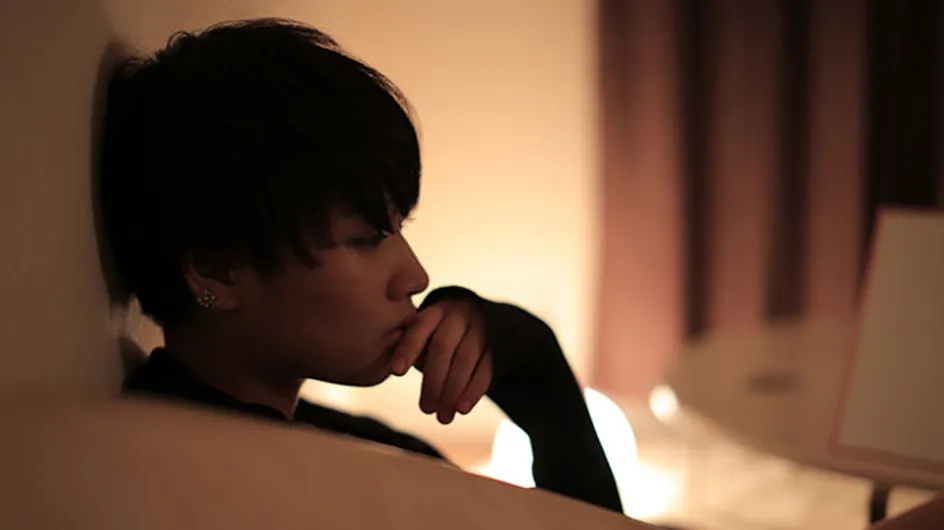While most have welcomed Clare's Law with open arms there may be a few parts to the law that need further attention. To find out more about how useful the law will be for both men and women who suspect their partner of a violent past, we spoke to Pannone Solicitors from Manchester.
Charity backlash
You might think that women's charities would be all for something like Clare's Law. But charities Women’s Aid and Refuge have been unimpressed.
Women’s Aid expressed a concern that this law could encourage a ‘blame culture’, where an abused woman will have little help and respect if she has not chosen to leave. Both charities lament recent cuts to domestic violence charities and specialist services to support vulnerable victims, and say that Clare's law is no substitute for funding and education into how to support these women.
We have to agree that Clare's Law can't exist in isolation to help women protect themselves against domestic abuse. Often abusive relationships are very difficult for the woman to leave and even if the woman finds out that her partner has a history of violence, if she chooses to stay, or is unable to leave, does that make any injuries or possible death, her own fault?
This is the outcome the women's charities want to avoid. Their core message is support, funding and education - and while Clare's Law promotes the message of responsible dating and freedom of information about partners, many agree that the support needs to go one step further.
How does Clare's Law help?
Clare's Law doesn't actually make that much difference legislatively speaking. Police already have legislation in place which supports ‘right to know’ – and they already had the power to use their own judgment to decide whether to tell someone about their partner’s violent past. That means Clare Wood, the victim after whom the law is named, was herself let down, as police failed to disclose the violent past of her partner, Appleton.
We spoke to Helen Fenwick, Professor of Law at Durham University, to get her expert opinion on Clare's Law.
She said: “Clare’s Law should raise the profile of domestic violence” and “push it up the agenda, but criminal records already can be made known – they are a public record anyway, so they always could be discovered. In terms of data protection in terms of privacy Clare’s Law is no further an invasion than before, it just makes the information more available”.
So what's the problem?
There are several. Sandra Horley from Refuge says: “Domestic violence is[...] chronically under-reported, with only 23% of victims reporting their experiences to the police. This means that the vast majority of perpetrators are never known to the police.
"If a woman inquires about her partner under the new disclosure scheme, she may be told that he has no history of violence, she may then believe that she is safe, but this does not necessarily mean that she will be safe – possibly quite the reverse”.
And, let's be frank. The chances are, that if a woman is checking her partner's criminal history, she already feels vulnerable. Women should be given support to deal with abusive relationships as soon as they ask the question about their partner's history.
And let's not forget that not all abusive is violent. Emotional abuse, mental abuse, psychological, whatever you call it, these forms of abuse are just as damaging and can have just as sinister outcomes as violence.
What would these charities prefer?
The charities are not all against the essence of the law – but they all stress that “the most effective way to save lives on a large scale is to improve police practice and protect the vital services run by specialist organisations like Refuge”.
In short, the public cannot simply relax, feeling that justice will be done, and victims have all they need to escape the threat of domestic abuse – we need to keep in mind that the fundamental organisations that underpin a victim’s ability to leave need to be supported, and the police and the public at large need to be educated on the best ways to respond to violence.
What's more whenever a woman researches a partner's past using Clare's Law, she should be given support, guidance and information about how to best handle a situation where a relationship is in any way abusive.
Polly Neate at Women’s Aid says: “We are strongly urging police forces across the UK to provide appropriate training for domestic violence to all officers, and work to ensure risk assessments are performed and implemented to minimise the risk women face and protect their right to life.”
The message we should take away, then, is that Clare’s Law is more of a plaster than a cure. Those charities which underpin victim support cannot be forgotten, and education about domestic violence has to become part of the public psyche, as well as the police’s.
If you're worried about domestic violence or abusive relationships please contact the charities below for support:
What's your opinion on Clare's Law? Tweet us @sofeminineUK














